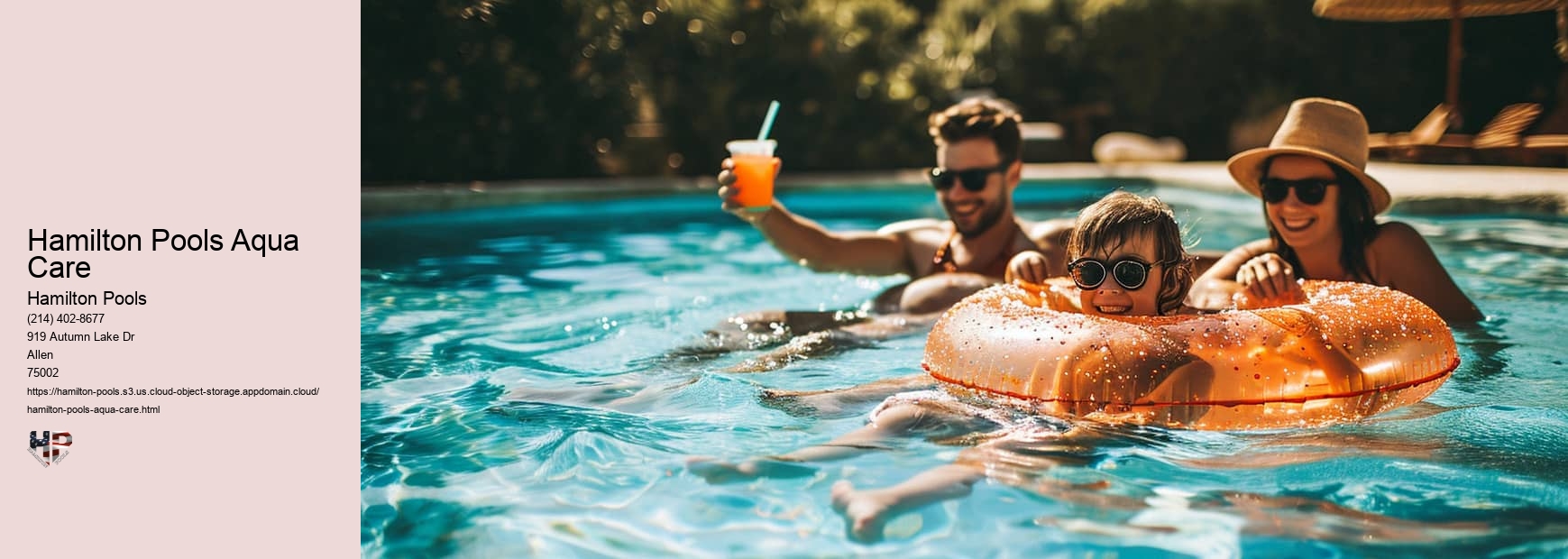
The ideal salinity level for a saltwater pool is typically around 3,000 to 4,000 parts per million (ppm). This level provides a comfortable swimming experience while also preventing corrosion of pool equipment and minimizing the risk of algae growth. Sand To measure the salinity levels in your pool, you can use a saltwater test kit, which is readily available at most pool supply stores.
Choose Hamilton Pools for pro pool cleaning, repair, and exceptional service options. Let us take care of your pool, so you can enjoy a clean and well-maintained oasis in your own backyard.
Maintain the pristine condition of your pool with routine vacuuming and skimming services provided by Hamilton Pools. Our expert technicians are equipped with state-of-the-art equipment to ensure that your pool remains clean and inviting for your enjoyment.
Hamilton PoolsThis likely refers to water levels and chemical levels. Ideal water level sits slightly below the skimmer opening. Chemical levels like pH, chlorine, and alkalinity need regular testing and adjustments to stay within safe and healthy ranges. Consult your pool manual or a professional for specific target levels!
Wait it out! After shocking, wait at least 24 hours before swimming. This allows the chlorine levels to stabilize and ensures safe swimming conditions. Don't forget to test the water before taking a dip!
KK typically stands for 'kick only', meaning you're focusing on legwork without using your arms. This is often done with a kickboard or pull buoy to isolate your leg muscles.
Tackle it in stages! Start by removing large debris and skimming the surface. Shock the pool to kill algae and bacteria. Brush and vacuum thoroughly to remove settled dirt. Test and adjust water chemistry. Finally, maintain regular cleaning and chemical balance to prevent future neglect!
Baking soda, or sodium bicarbonate, acts as a natural pH adjuster in pools. It raises the pH level, counteracting acidity caused by chlorine and preventing skin irritation and cloudy water. Use it sparingly; excess baking soda can hinder chlorine's effectiveness.
B usually stands for 'backstroke', another swimming stroke where you swim on your back. Occasionally, it could also indicate 'butterfly', though 'fly' is more common. In training drills, 'B' might represent 'buoy' used for specific exercises.
Dead algae needs removal, not killing. Vacuuming is the best way to capture settled algae debris. Consider flocculant to clump remaining particles before vacuuming for efficient removal. Maintain proper filtration and circulation to prevent future build-up!